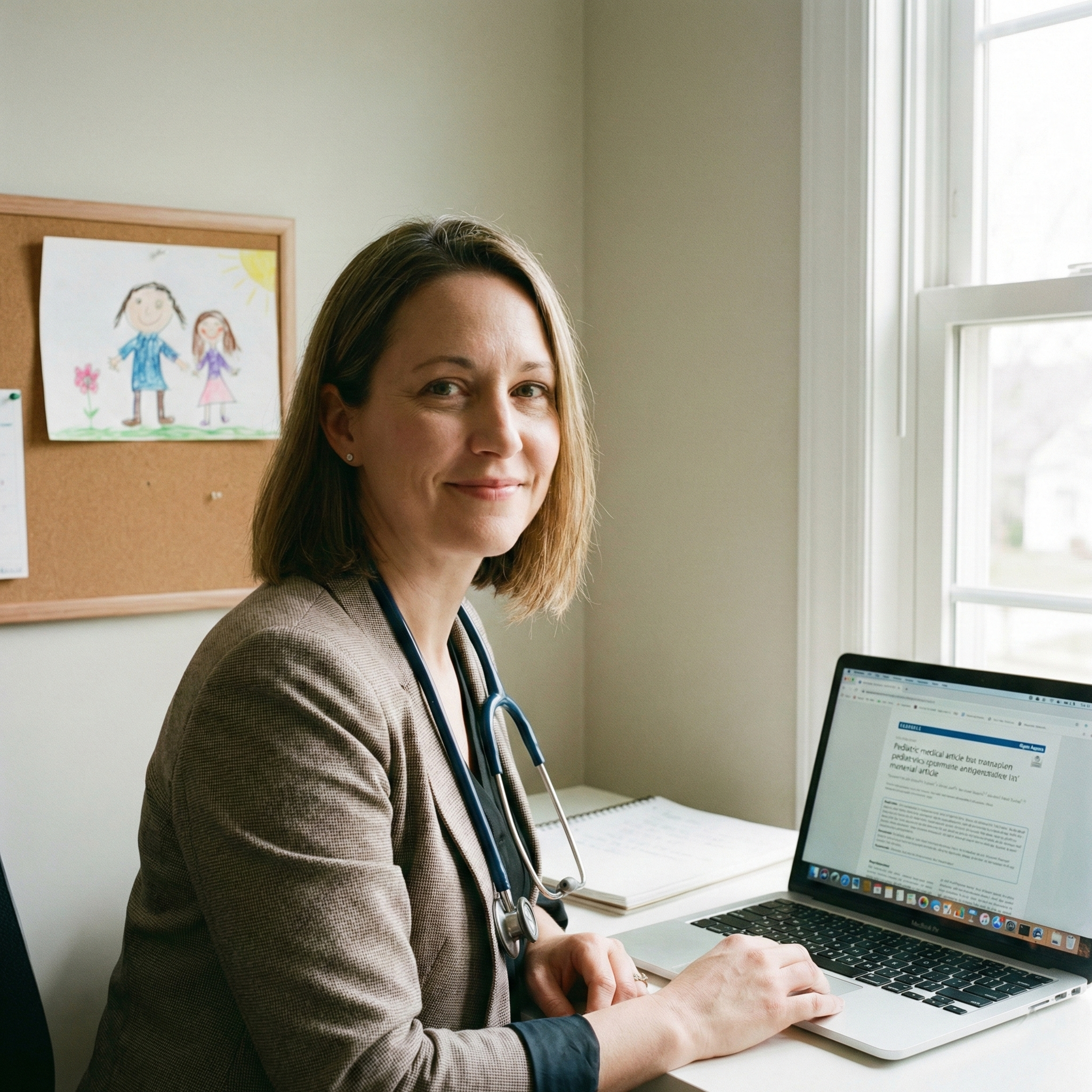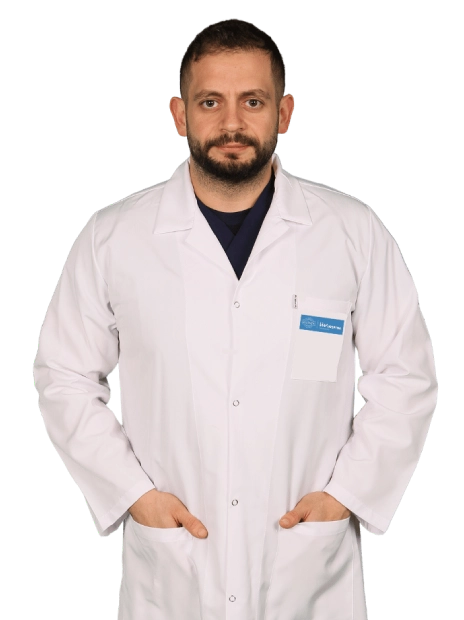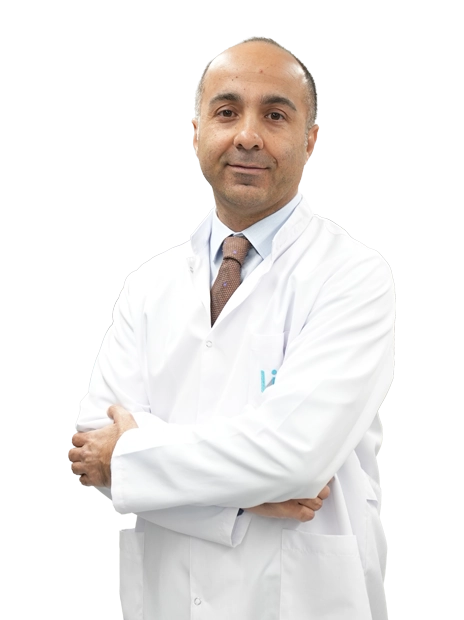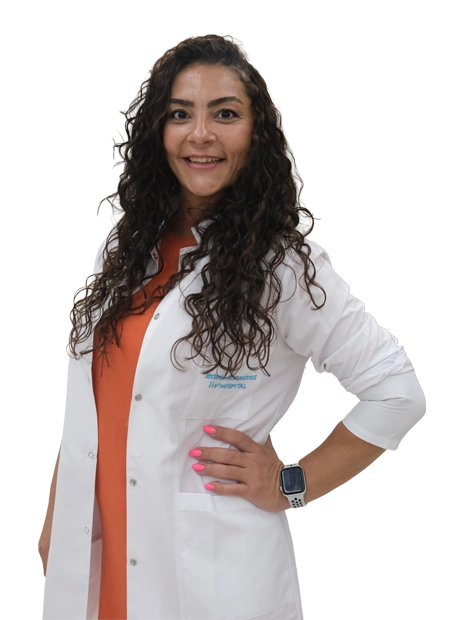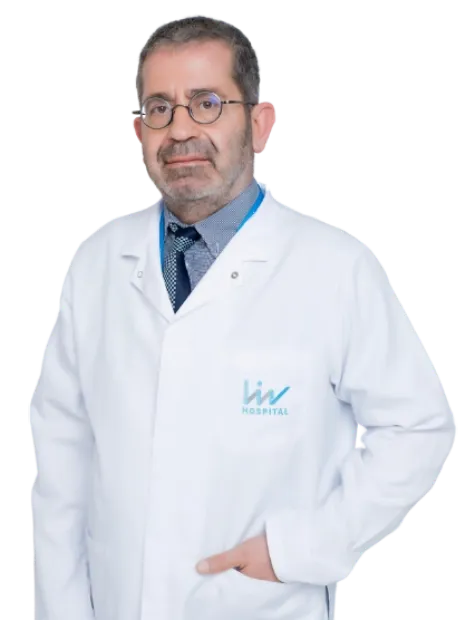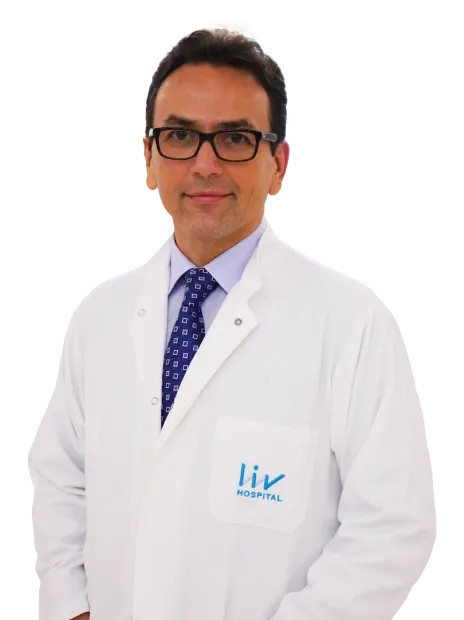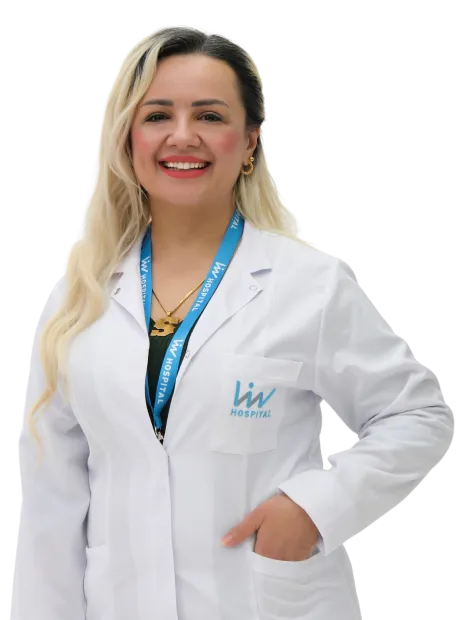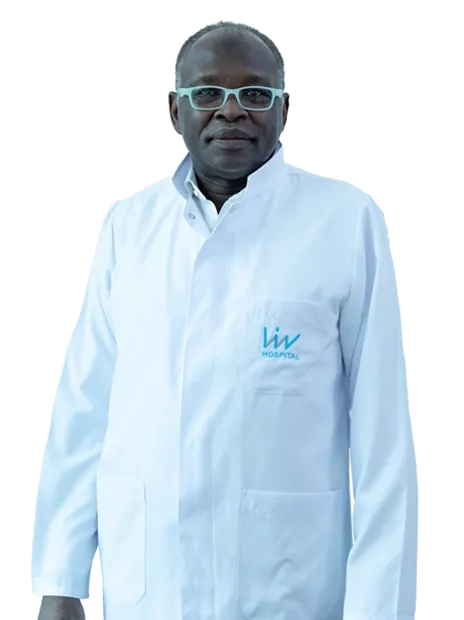
Getting a cancer diagnosis can feel overwhelming. But, early detection makes a big difference in treatment success. Finding the right path through all the tests and options can be tough. Doctors use different tests to figure out the cancer’s type and stage, helping choose the best treatment plan. Learn the best early stage cancer treatment options and how to improve recovery outcomes.
At this important time, it’s key to look into the therapies available. Healthcare teams aim to provide comprehensive support and care for patients.
Key Takeaways
- Cancer diagnosis is key to finding the right treatment.
- Early detection leads to better treatment results.
- Tests help doctors understand the cancer’s type and stage.
- There are many treatment options for early stage cancer.
- Treatment plans are made just for each person.
Understanding Early Stage Cancer
Knowing about early stage cancer is key for patients to choose the right treatment. Early stage cancer means the cancer is only in one place and hasn’t spread. This makes it easier to treat if caught early.
Definition of Early Stage Cancer
Early stage cancer is when the cancer is only in one area and hasn’t spread. This stage is also called localized cancer. The early stage cancer prognosis is usually better than later stages.
Doctors use treatments like surgery or radiation to target the cancer. The treatment plan depends on the cancer type, where it is, and the patient’s health.
Importance of Early Detection
Finding cancer early greatly increases the chance of successful treatment and survival. Early detection means treatments can work better, leading to better results.
Here’s a look at survival rates for different cancers when found early versus late:
| Type of Cancer | Early Stage Survival Rate | Late Stage Survival Rate |
| Breast Cancer | 99% | 27% |
| Lung Cancer | 60% | 6% |
| Prostate Cancer | 100% | 28% |
The table shows how much better survival rates are for early stage cancer. It highlights the need for early detection and quick action.
In summary, understanding early stage cancer is vital for effective treatment and better survival chances. By knowing about early detection, patients can make better choices for their care, leading to better results.
Common Types of Early Stage Cancers
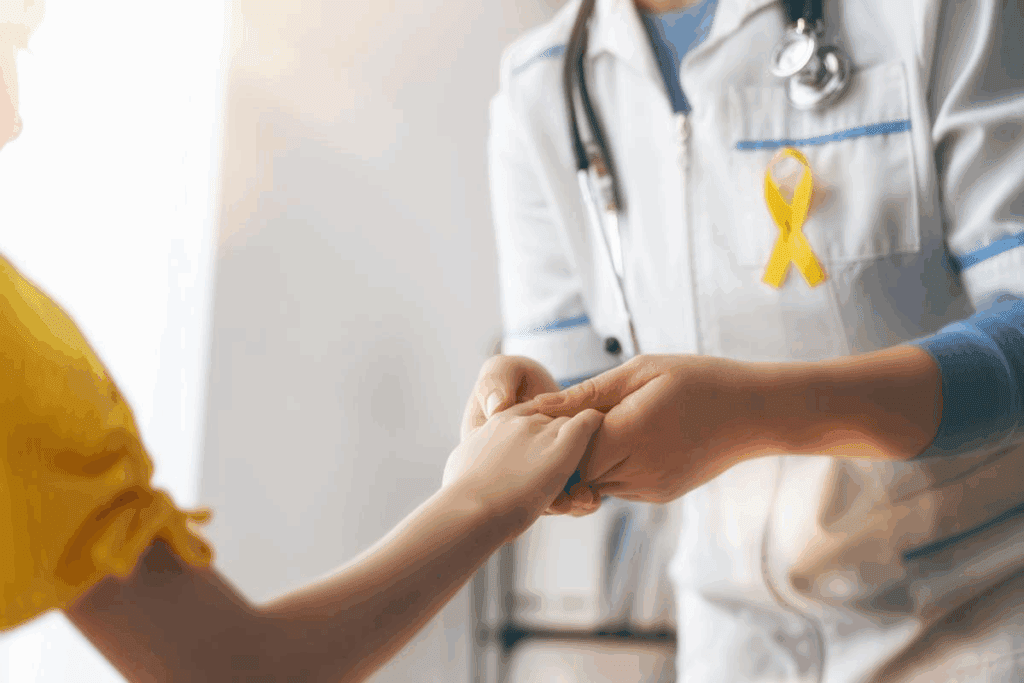
The most common early stage cancers are breast, lung, prostate, and colorectal cancer. Each has its own traits and treatment methods. Knowing these differences is key to creating effective treatment plans.
Breast Cancer
Breast cancer is a top cancer for women worldwide. Early breast cancer is usually treated with surgery. After surgery, some may get radiation therapy or chemotherapy. For certain breast cancers, hormone therapy is also used.
Lung Cancer
Lung cancer is a major cause of cancer deaths. Early lung cancer often gets treated with surgical resection. Sometimes, stereotactic body radiation therapy (SBRT) is used for those who can’t have surgery. We also look into targeted therapy for certain genetic changes.
Prostate Cancer
Prostate cancer is common in men. Treatment depends on the cancer’s stage and how aggressive it is. For early prostate cancer, active surveillance is often suggested for low-risk patients. For higher-risk cases, radical prostatectomy or radiation therapy might be chosen. Hormone therapy also plays a role in managing the disease.
Colorectal Cancer
Colorectal cancer affects both men and women. Early stages are usually treated with surgery. The surgery needed depends on the cancer’s location and stage. Before or after surgery, chemotherapy and radiation therapy might be used. We also look at targeted therapy for patients with certain genetic markers.
Each of these cancers needs a treatment plan that fits the patient’s health and cancer specifics. The latest in cancer therapies is also considered.
Treatment Options for Early Stage Cancer
Patients with early stage cancer have many treatment options. The right choice depends on the cancer type, stage, and the patient’s health. We’ll look at surgery, radiation therapy, and chemotherapy to help patients understand their options.
Surgery: The First Line of Defense
Surgery is often the first treatment for early stage cancer. It removes the tumor and some tissue to get rid of all cancer cells. Surgery for early stage cancer works well when the cancer is in one place.
There are different surgeries, like:
- Lumpectomy: Removes the tumor and a small area of tissue.
- Mastectomy: Takes out the whole breast.
- Segmental mastectomy: Removes the tumor and more of the breast tissue.
Radiation Therapy: Targeted Treatment
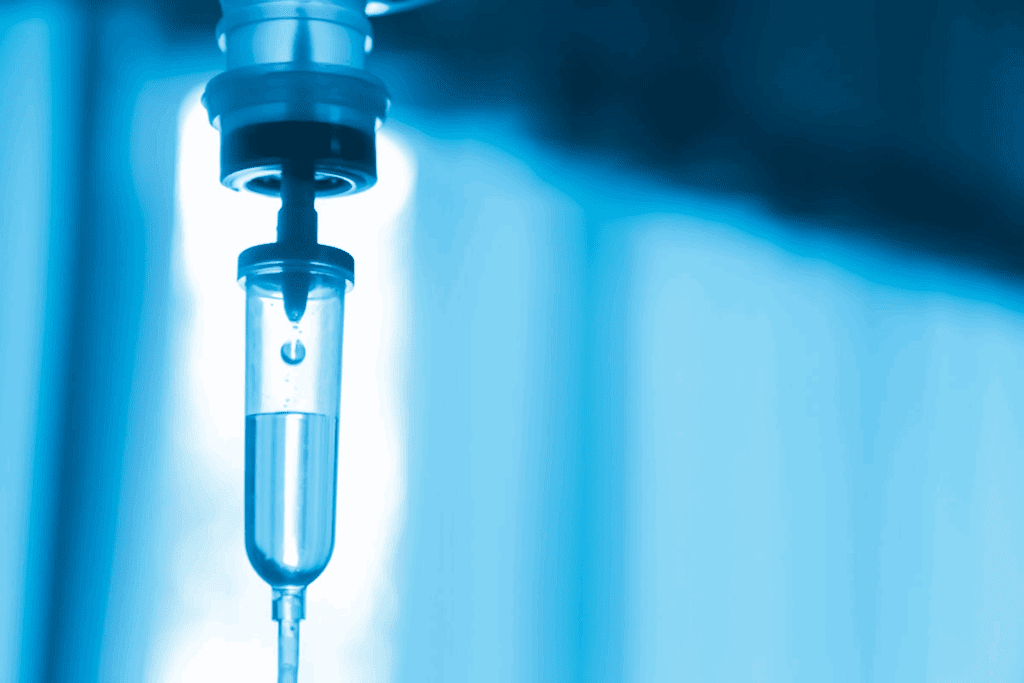
Radiation therapy early stage cancer treatment kills cancer cells with high-energy rays. It’s often used after surgery to get rid of any left-over cancer cells. Radiation can be external or internal.
The benefits of radiation therapy include:
- It helps keep the organ working and looking normal.
- It lowers the chance of cancer coming back.
- It treats areas hard to reach with surgery.
Chemotherapy: Systemic Approach
Chemotherapy for early stage cancer uses drugs to kill cancer cells. It’s a systemic treatment that can reach cancer cells in other parts of the body. Chemotherapy can be used before or after surgery.
Common side effects of chemotherapy include:
- Nausea and vomiting
- Hair loss
- Fatigue
Knowing the cancer treatment options early stage helps patients make informed choices. Each treatment has its own benefits and side effects. The right treatment depends on the patient’s needs.
Role of Personalized Medicine in Treatment
Personalized medicine in cancer treatment
Personalized medicine is key in fighting early stage cancer. It tailors treatments to fit each person’s genetic profile. This makes treatments more effective and reduces side effects.
Genetic Profiling
Genetic profiling is at the heart of personalized medicine. It looks at a patient’s genes to find cancer-causing mutations. This helps choose therapies that work best.
Genetic profiling offers many benefits:
- It finds specific genetic mutations.
- It picks targeted therapies.
- It leads to better treatment results.
- It lowers the chance of harmful side effects.
A leading oncologist says, “Genetic profiling has changed how we treat cancer. It lets us tailor treatments to each patient’s needs.”
“The future of cancer treatment is in understanding its genetic roots. Then, we use this knowledge to guide therapy.”
Tailored Treatment Plans
Treatment plans are made based on a patient’s genetic profile and cancer type. This approach makes treatments more effective and safer.
| Treatment Aspect | Standard Approach | Personalized Approach |
| Treatment Selection | Based on cancer type and stage | Based on genetic profiling and individual patient characteristics |
| Treatment Efficacy | Variable, often with significant side effects | Improved efficacy with reduced side effects |
| Patient Outcome | Variable outcomes | Improved survival rates and quality of life |
Genetic profiling and tailored plans boost early stage cancer treatment. As research grows, personalized medicine’s role in cancer treatment will expand. This brings hope to patients everywhere.
The Importance of Multidisciplinary Care
In cancer care, a team effort is key for the best results. This team includes doctors, nurses, and support staff. They work together to care for cancer patients fully.
Cancer treatment is complex and needs a team. This team can plan care that meets a patient’s physical, emotional, and mental needs.
Role of Oncologists
Oncologists are vital in cancer care teams. They diagnose cancer, figure out its stage, and plan treatment. Doctors like medical oncologists, radiation oncologists, and surgical oncologists work together for complete care.
Key Responsibilities of Oncologists:
- Diagnosing and staging cancer
- Developing and implementing treatment plans
- Coordinating care with other healthcare professionals
- Providing ongoing support and follow-up care
Involvement of Support Teams
Support teams are key in cancer care. They include nurses, social workers, and nutritionists. These teams offer vital support to patients and their families.
The benefits of a support team include:
| Support Service | Description | Benefits |
| Nursing Care | Providing medical care and guidance | Improved patient outcomes, enhanced patient experience |
| Social Work | Offering emotional and psychological support | Reduced stress, improved mental well-being |
| Nutrition Counseling | Providing dietary advice and guidance | Improved nutrition, enhanced recovery |
Oncologists and support teams work together for full care. This teamwork leads to better patient outcomes and a better care experience. It also supports patients on their cancer journey.
Clinical Trials as a Treatment Option
Early-stage cancer patients can greatly benefit from clinical trials. These trials offer new and innovative treatments. They are research studies that test the safety and effectiveness of new treatments.
Clinical trials are a key part of cancer treatment. They give patients access to cutting-edge care. By joining trials, patients get treatments that might save their lives and help cancer research.
Advantages of Clinical Trials
There are many benefits to joining clinical trials:
- Access to Innovative Treatments: Trials offer new treatments not yet available.
- Close Monitoring: Healthcare teams closely watch participants for any issues.
- Contribution to Cancer Research: Participants help develop new treatments and advance research.
To show the benefits of clinical trials, let’s compare them to traditional treatments:
| Treatment Aspect | Traditional Treatment | Clinical Trial Treatment |
| Access to New Treatments | Limited to established protocols | Access to innovative, potentially more effective treatments |
| Monitoring and Care | Standard follow-up care | Close monitoring and complete care |
| Contribution to Research | No direct contribution | Direct contribution to cancer research and treatment development |
Finding Current Clinical Trials
Finding the right clinical trial can be hard. But, there are many resources to help. Here are some steps to follow:
- Consult with Your Healthcare Provider: Talk to your doctor or oncologist for advice and referrals.
- Search Online Databases: Use sites like ClinicalTrials.gov to find trials worldwide.
- Contact Cancer Organizations: Reach out to cancer groups for trial information and resources.
By following these steps, patients can find clinical trials that fit their needs.
Side Effects and Management Strategies
Managing side effects is key in cancer care. It boosts patient outcomes and improves life quality. Treatments like surgery, radiation, and chemotherapy can cause side effects. But knowing these effects and how to handle them can make treatment easier.
Common Side Effects of Treatments
Cancer treatments lead to various side effects. These can be physical or emotional. Common ones include:
- Fatigue and weakness
- Nausea and vomiting
- Hair loss
- Pain and discomfort
- Emotional distress, including anxiety and depression
Side effects differ based on cancer type, treatment, and patient health. Knowing the possible side effects helps doctors provide better support.
Strategies for Managing Side Effects
Managing cancer treatment side effects needs a variety of approaches. Here are some ways to help:
- Personalized Care Plans: Customizing treatment plans can reduce side effects.
- Supportive Care: Emotional, nutritional, and psychological support helps patients cope better.
- Medication Management: Medications can help with nausea, pain, and anxiety, making patients more comfortable.
- Lifestyle Adjustments: Healthy lifestyle choices, like a balanced diet and exercise, can lessen some side effects.
Using these strategies, healthcare providers can help patients deal with treatment challenges. This improves outcomes and life quality. Good communication between patients and their healthcare team is vital for managing side effects well.
The Importance of Support Systems
When facing cancer, a strong support system is key. It offers emotional, psychological, and practical help. A cancer diagnosis impacts not just the patient but also their loved ones. So, support is essential for everyone involved.
Emotional and Psychological Support
Emotional and psychological support are critical in cancer care. Patients and their families need guidance and reassurance during treatment. This support can come from many places, like:
- Counseling services to address anxiety, depression, and other mental health concerns
- Support groups where patients can share their experiences and connect with others going through similar challenges
- Family and friends who provide a network of care and understanding
By understanding the emotional and psychological effects of cancer, we can better support our patients. It’s not just about treating the disease; it’s about caring for the whole person.
Resources for Patients and Families
We provide our patients and their families with a wide range of resources. These include:
- Educational materials to help understand the diagnosis and treatment options
- Nutritional guidance to support overall health and recovery
- Financial assistance programs to help alleviate the economic burden of cancer treatment
Having the right resources at the right time can make a significant difference in the cancer care experience. We aim to connect our patients with the resources they need to navigate their treatment journey successfully.
By focusing on support systems, we can improve outcomes and quality of life for cancer patients and their families.
Lifestyle Changes to Complement Treatment
When dealing with early-stage cancer, lifestyle changes are key. They help alongside medical treatments. Healthy choices can boost treatment success and improve how you feel.
Nutrition and Diet Considerations
Eating right is vital during cancer treatment. Focus on foods rich in nutrients like fruits, veggies, whole grains, and lean proteins.
- Fruits and Vegetables: Eat a variety to get lots of vitamins and minerals.
- Whole Grains: Pick whole grains for more fiber and nutrients.
- Lean Proteins: Include lean meats, fish, and legumes to keep muscles strong.
| Nutrient | Food Sources | Benefits |
| Protein | Lean meats, fish, eggs, legumes | Supports muscle health and recovery |
| Fiber | Whole grains, fruits, vegetables | Aids digestion and satiety |
| Antioxidants | Fruits, vegetables, nuts | Helps protect cells from damage |
Exercise and Physical Activity
Exercise is also vital during cancer treatment. It helps manage side effects, boosts mood, and improves physical function.
- Aerobic Exercise: Walking, cycling, or swimming is good for the heart.
- Strength Training: Resistance exercises keep muscles strong.
- Flexibility Exercises: Yoga or stretching improves flexibility and reduces stress.
By making these lifestyle changes, patients can see better treatment results and quality of life. Always talk to your healthcare team before changing your diet or exercise routine.
Future Trends in Early Stage Cancer Treatment
Early stage cancer treatment is on the verge of a big change. New technologies are leading to better and more personalized care. This shift aims to improve patient outcomes and quality of life.
Breakthroughs in Technology
Technology is driving the future of cancer treatment. Advances in genetic profiling and tailored plans are key. These new methods target cancer cells, protecting healthy tissue.
New Approaches on the Horizon
Immunotherapy and targeted therapy are showing great promise. As research grows, we’ll see more innovative treatments. This brings new hope for patients and their families.
FAQ
What are the most effective treatments for early stage cancer?
We offer several effective treatments for early stage cancer. These include surgery, radiation therapy, and chemotherapy. The best treatment depends on the cancer type, stage, and the patient’s health.
How does early detection improve cancer treatment outcomes?
Early detection leads to better treatment outcomes. It allows for timely action and lowers the chance of cancer spreading. Regular screenings and check-ups are key to catching cancer early.
What are the common types of early stage cancers, and how are they treated?
Early stage cancers include breast, lung, prostate, and colorectal cancer. Treatment varies by cancer type and stage. It may include surgery, radiation, chemotherapy, or a mix of these.
What is personalized medicine, and how is it used in cancer treatment?
Personalized medicine tailors treatment to an individual’s genetic profile. We use genetic profiling to find the most effective treatment and reduce side effects.
What is the role of multidisciplinary care in cancer treatment?
Multidisciplinary care brings together a team of healthcare professionals. This team includes oncologists, surgeons, and support staff. Working together, they provide better care and improve patient outcomes.
What are the benefits of participating in clinical trials for cancer treatment?
Clinical trials offer access to new treatments and help advance cancer research. We help patients find current trials and discuss the benefits and risks of joining.
How can patients manage the side effects of cancer treatments?
We offer ways to manage side effects like pain and emotional support. Our support teams help patients reduce side effects and improve their quality of life.
What lifestyle changes can complement cancer treatment?
Healthy lifestyle changes, like a balanced diet and exercise, can help treatment outcomes. We guide patients on nutrition and the benefits of physical activity during and after treatment.
What are the future trends in early stage cancer treatment?
We stay updated on cancer research and treatment. New trends include immunotherapy and targeted therapy. These advancements are expected to improve patient outcomes in the future.
How can patients access support systems during cancer treatment?
We know emotional and psychological support is vital during treatment. Our support teams offer resources and guidance, including counseling and support groups.
What is the importance of adjuvant therapy in early-stage cancer treatment?
Adjuvant therapy is given in addition to primary treatment to lower the recurrence risk. We discuss its role in early-stage cancer treatment and its benefits.
How does minimally invasive surgery benefit cancer patients?
Minimally invasive surgery reduces recovery time and scarring. We offer this option for eligible patients, leading to faster recovery and better outcomes.
References:
- Richards, M., et al. (2020). Benefits and Limitations of a Multidisciplinary Approach in Cancer Treatment. Frontiers in Oncology, 10, Article 582197. https://pmc.ncbi.nlm.nih.gov/articles/PMC7533227/


